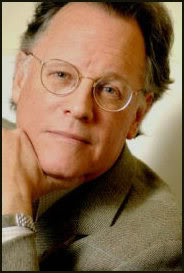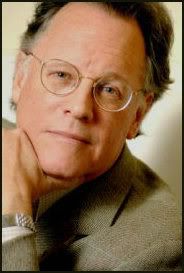Stephan A. Schwartz on Sustainability


I’ve always admired people who take on groundbreaking projects in any discipline, and I have to say that I find Stephan’s research into the nature of consciousness to be particularly fascinating. The concept that our minds consist of both a “local” aspect (present here and now in time and space) and a “non-local” element that has no apparent position in or connection with time and space is not at all new; in fact, it’s been a part of numerous attempts to explain our existences with religion and parapsychology for thousands of years. But explaining all this with advanced physics, math, and biology is really cutting-edge stuff.
About 20 minutes into the interview, I said, “Stephan, I hate to change course here; I could talk about this for a week and not tire of it, but I’m afraid I need to hustle us along to a discussion of sustainability and where you see all this going.” He just chuckled; fortunately, he wasn’t insulted.
In fact, we went smoothly into the main course, in which Stephan provided his assessment as to where we are as a civilization, and how we in the US are dealing with what he calls “the collapse of the American Empire.” He makes bold predictions as to what life here is going to be like in 50 years, based on the advent of renewable energy, enabling the population to make use of land in the interior of the continent that is currently undesirable and the realization that huge cities really aren’t ideal for human society.
We discussed the schism occurring in the United States, where one group deals with these huge changes with fear, anger, blame, political and religious rigidity, and exclusion of others. By contrast, the other group sees this as an opportunity to build a stable, just, and life-affirming culture. While I’m sure this is true, it seems to be that, in the US at least, the former group has many times the size and strength than the latter.
I hope I’m wrong. In any case, interesting stuff. I’ll put the audio interview up shortly.
